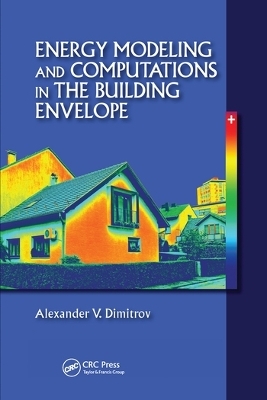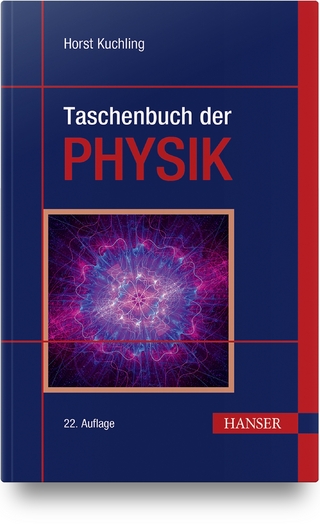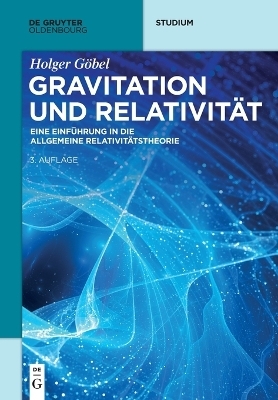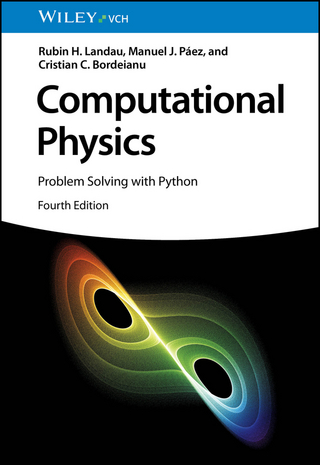
Energy Modeling and Computations in the Building Envelope
CRC Press (Verlag)
978-0-367-57556-4 (ISBN)
Energy Modeling and Computations in the Building Envelope instills a deeper understanding of the energy interactions between buildings and the environment, based on the analysis of transfer processes operating in the building envelope components at the microscopic level. The author:
Proposes a generalized physics model that describes these interactions at the microscopic level via the macroscopic characteristics of the building envelope
Presents mathematical models that utilize classical analytical tools and can be used to perform quantitative predictions of the consequences of the energy interactions
Reveals easy-to-apply engineering methods concerning the design and inspection of the building envelope, taking into account the effects of energy on the envelope
Energy Modeling and Computations in the Building Envelope provides comprehensive coverage of this environmentally and economically important topic, from the physics of energy transfer to its numerical estimation. The book is especially useful to those looking to increase building energy efficiency, decrease the consumption of primary energy carriers, and raise the ecological sustainability of construction products.
Alexander V. Dimitrov is a professional lecturer with 35 years of experience in four different universities. In addition to universities in Bulgaria, Professor Dimitrov has lectured and studied at leading scientific laboratories and institutes, including the Luikov Heat and Mass Transfer Institute of the Belarusian Academy of Sciences in Minsk; the Lawrence Berkeley National Laboratory, Environmental Energy Technology Division; the University of Nevada– Las Vegas College of Engineering; and Stanford University in California. He has authored more than 100 scientific articles and eight books (including three in English), and earned two scientific degrees: Ph.D and D.Sc.
Introduction: The Buildings’ Envelope—a Component of the Building Energy System. Physics of Energy Conversions in the Building Envelope at Microscopic Level. Design of a Model of Energy Exchange Running between the Building Envelope and the Surroundings: Gradient of Free Energy Potential. Definition of the Macroscopic Characteristics of Transfer. Numerical Study of Transport in Building Envelope Components. Initial and Boundary Conditions of a Solid Wall Element. Engineering Methods of Estimating the Effect of the Surroundings on the Building Envelope: Control of the Heat Transfer through the Building Envelope (Arrangement of the Thermal Resistances within a Structure Consisting of Solid Wall Elements). Application (Solved Tasks and Tables).
| Erscheinungsdatum | 01.07.2020 |
|---|---|
| Verlagsort | London |
| Sprache | englisch |
| Maße | 156 x 234 mm |
| Gewicht | 453 g |
| Themenwelt | Naturwissenschaften ► Physik / Astronomie |
| Technik ► Architektur | |
| Technik ► Bauwesen | |
| Technik ► Elektrotechnik / Energietechnik | |
| Technik ► Maschinenbau | |
| Technik ► Umwelttechnik / Biotechnologie | |
| ISBN-10 | 0-367-57556-6 / 0367575566 |
| ISBN-13 | 978-0-367-57556-4 / 9780367575564 |
| Zustand | Neuware |
| Haben Sie eine Frage zum Produkt? |
aus dem Bereich


